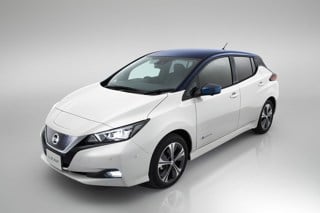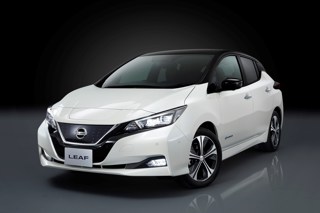A Government-backed project has helped develop new, faster-charging, more powerful electric vehicle (EV) batteries at Nissan’s Sunderland plant.
The High Energy Density Battery (HEDB) project saw Nissan collaborate with Hyperdrive, the University of Newcastle, Warwick Manufacturing Group and Zero Carbon Futures to develop a new manufacturing process at the Nissan plant, helping the carmaker to produce 40kWh battery cells in the UK and for European markets.
For Hyperdrive, the project has opened up new routes to market using Nissan cells in Hyperdrive battery packs for both EV and stationary energy storage systems. This has included the design of a new universal, modular energy storage system and installation of a pilot line for prototyping and pack assembly at Hyperdrive in Sunderland.
The company is working in collaboration with Nissan and other third parties to design and develop battery systems that it aims to commercialise in the near term. These batteries can recharge quicker, hold their power for longer and are configurable with a wide range of applications.
Stephen Irish, managing director of commercial at Hyperdrive Innovation, said: “The HEDB project has been pivotal in developing the UK and the North-East in particular as a global player in battery technology.”
Hyperdrive has secured a commercial agreement with Nissan for incorporating their battery cells into modular and bespoke design systems.
The first applications have included construction machines, municipal vehicles, airport ground fleets and autonomous vehicles.
It says that access to advanced lithium-ion battery technology could have a major impact on the UK vehicle manufacturing sector.
The batteries can also be configured in large arrays to provide standby grid capacity and also allow home owners to capture and store renewable energy generated from their own solar panels and wind turbines.
The £19 million project included a £9.7m grant from the Advanced Propulsion Centre (APC) as part of 'APC4: Driving UK Capability and Economic Impact through Low Carbon Propulsion Technologies'.
Jon Beasley, director of technology and projects at the APC, said: “This project exemplifies the value of consortia projects, with partners working together to exploit their capabilities, both jointly and individually.”






















Login to comment
Comments
No comments have been made yet.